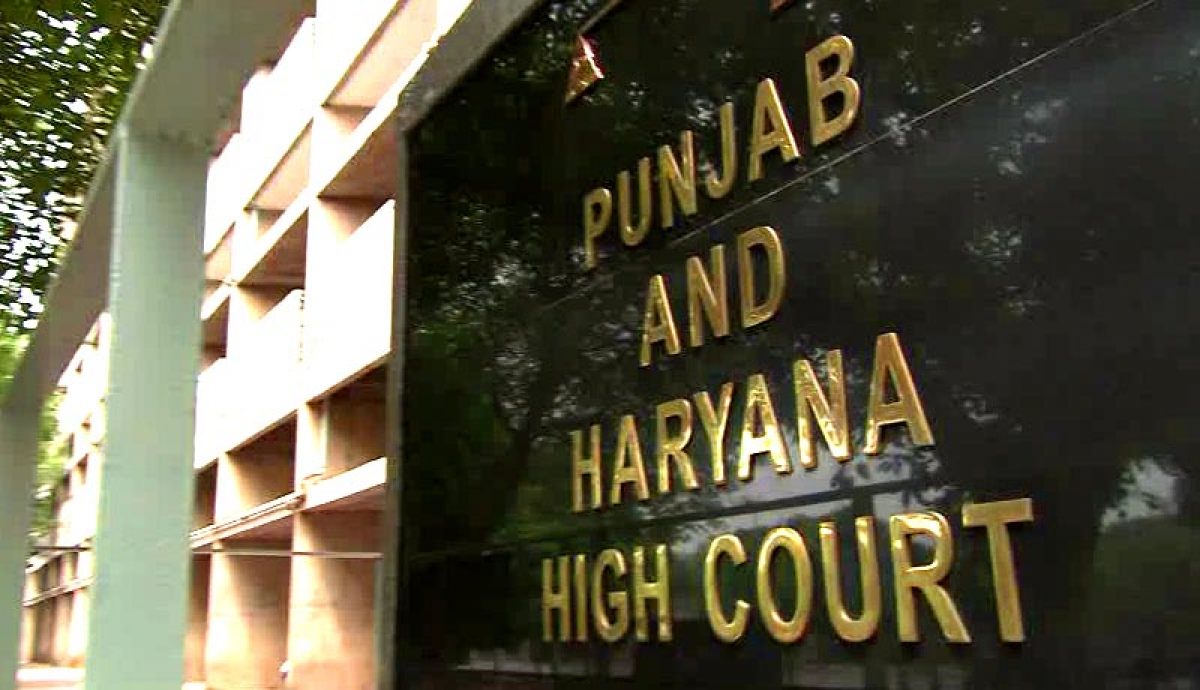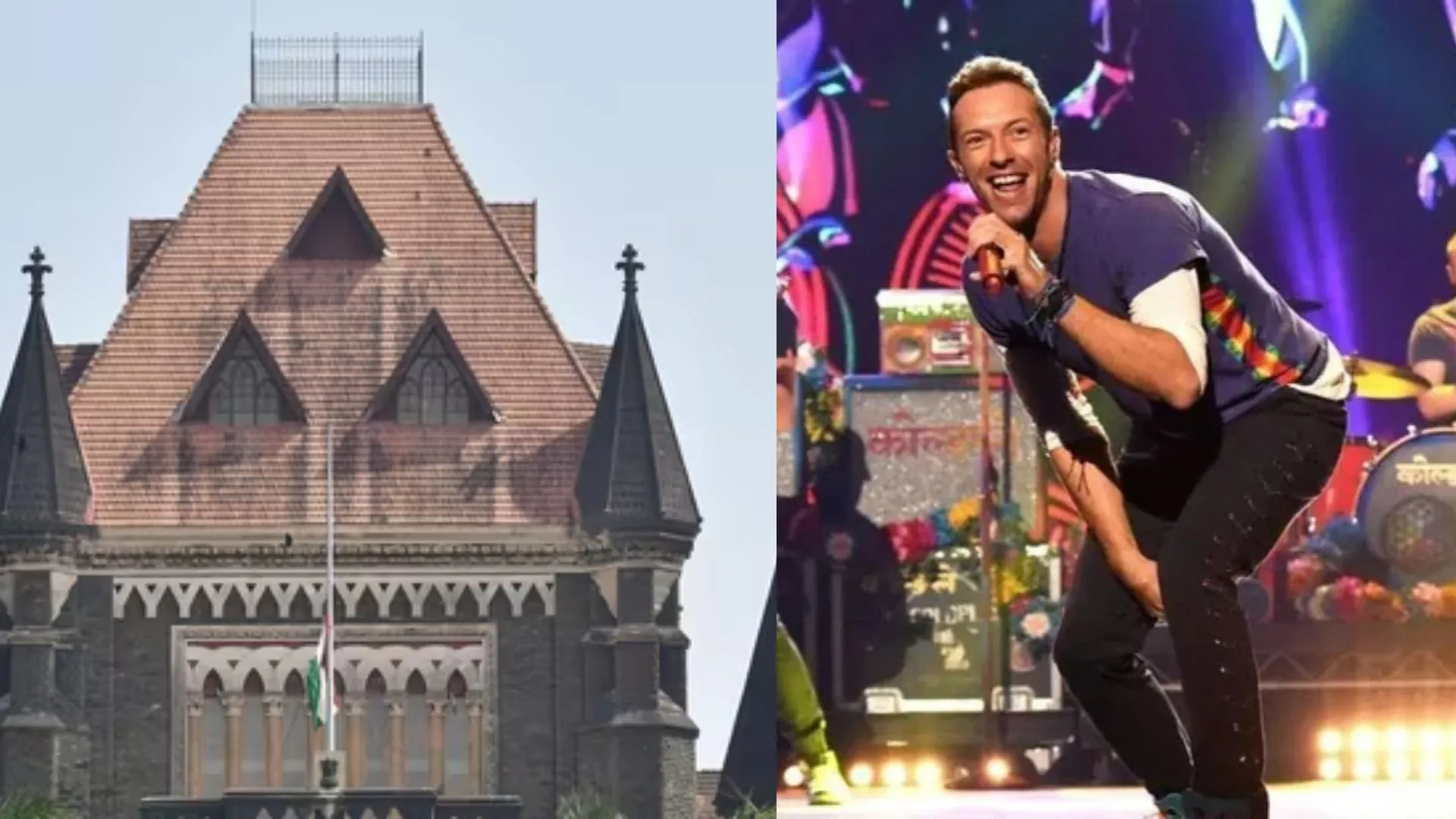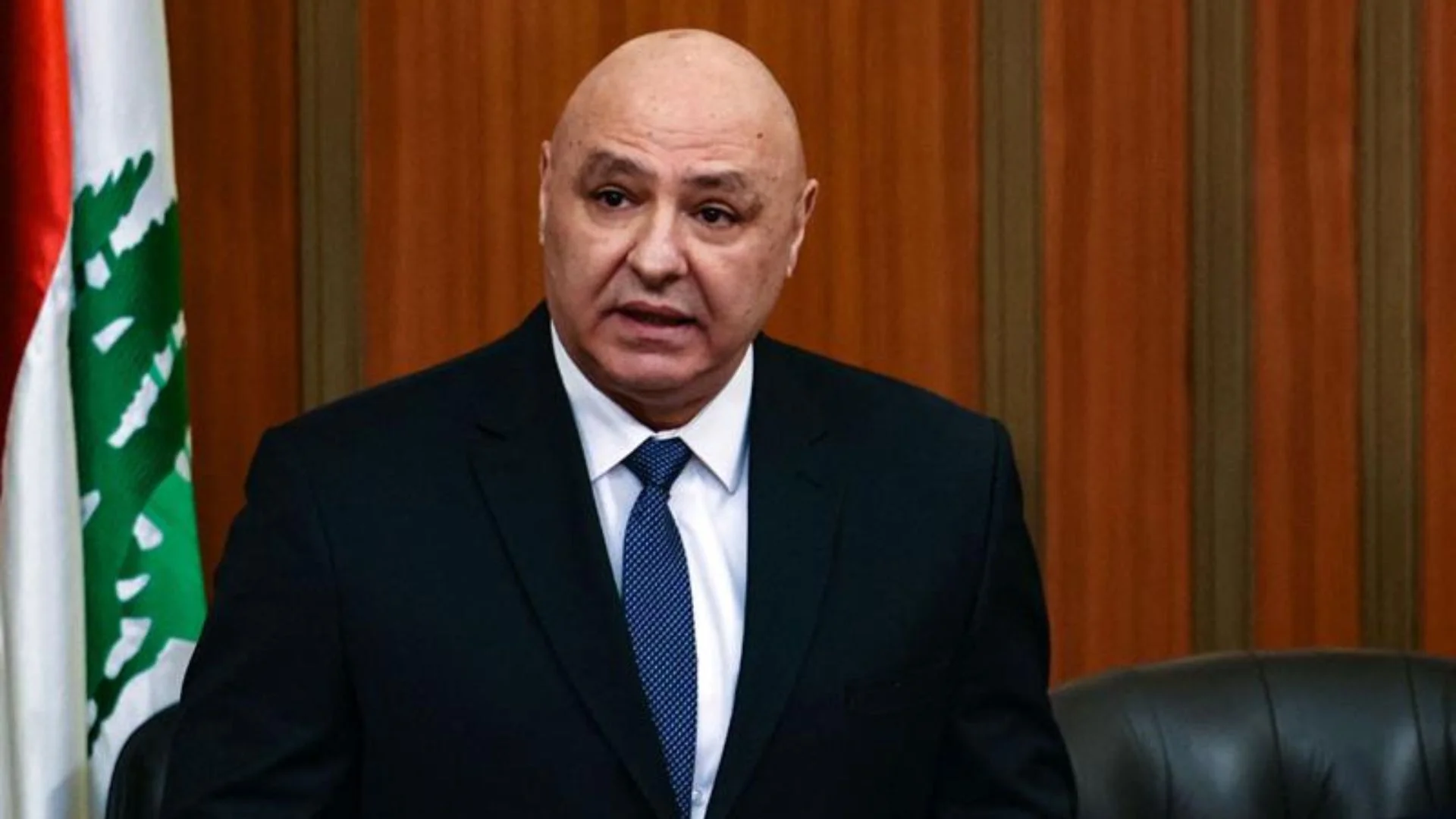The Punjab & Haryana High Court in the case Robin Gupta v. MS Stratford Educational Management Pvt Ltd and Others observed while dealing with an application for review of a judgment wherein revision petition filed by the plaintiff in an agreement to sell matter was dismissed. The Court further held that the Court has sufficient powers under Article 227 of the Constitution of India as well as Section 151 of CPC to prevent the ends of justice from being defeated.
In the present case court was hearing a case where the parties suffered a statement before the Lok Adalat and agreed to pray for passing a consent decree. the aforesaid decree was not passed as due to lack of proper advice.
The question raised in the case is to whether the Court is helpless in such a situation? under Section 115 of the CPC but also under Article 227 of the Constitution of India as well as under Section 151 of CPC, the court has sufficient powers and which also gives the court the inherent power to the court to prevent the ends of justice from being defeated.
The bench comprising of Justice Anil Kshetarpal observed and added that the Court has passed a detailed judgment after considering each and every aspect of the case. The Court further added that the review petition was heard at the length. The Applicant argued that he did not have any notice of the method adopted by the court is negated.
Facts of the Case:
the matter was listed before the Lok Adalat where the agreement to sell was executed, during the pendency of the suit for specific performance and the suit is dismissed due to Lawyer’s lack of diligence. The plaintiff filled execution petition which was dismissed by Court.
The order passed by the Lok Adalat was set aside as a revision petition was filled under Article 227 of the Constitution and the matter was remitted to the said Court that an appropriate order be passed by the Court in view of terms and conditions of settlement.
It was submitted by the applicant that the Court has approbated and reprobated in the same order. On the other hand, the applicant submitted that the Court treated the revision petition to be filed under Section 115 of the Code of Civil Procedure, 1908, whereas, on the other hand, the Court issued directions while exercising powers under Article 227 of the Constitution of India, in the present review petition.
Further the court added that the Article 227 of the Constitution of India gives enough powers to the High Court to superintend over the working of the Courts and the Tribunals and the High Court is invested with the powers to prevent the ends of justice from being defeated, under Section 151 of CPC.
the court held that the High Court has wide powers to pass appropriate directions in the facts and circumstances of the case in order to deliver justice, Therefore, in the light of above observations
However, the judgment dated 23.12.2020 no ground to review is made out.























